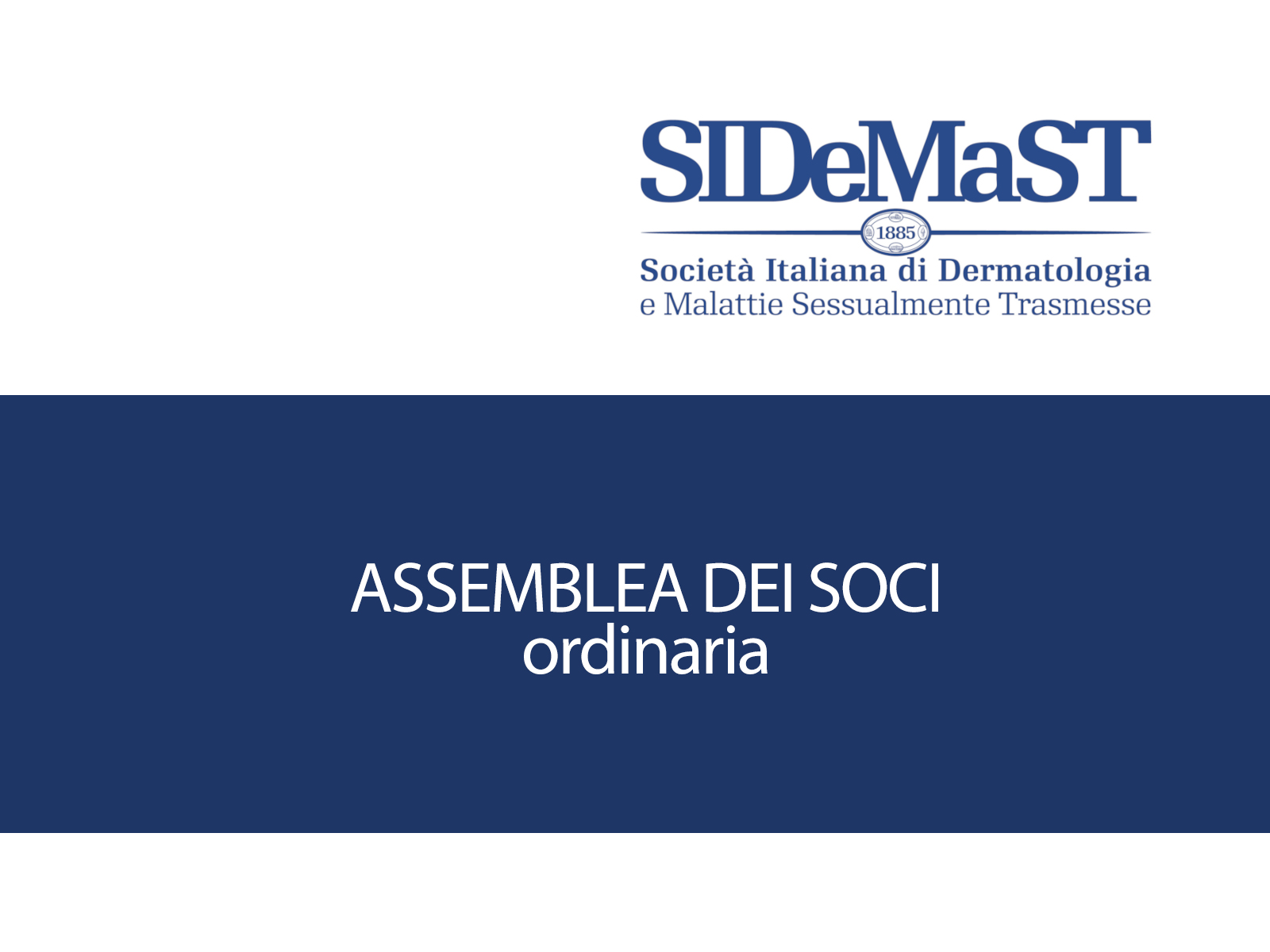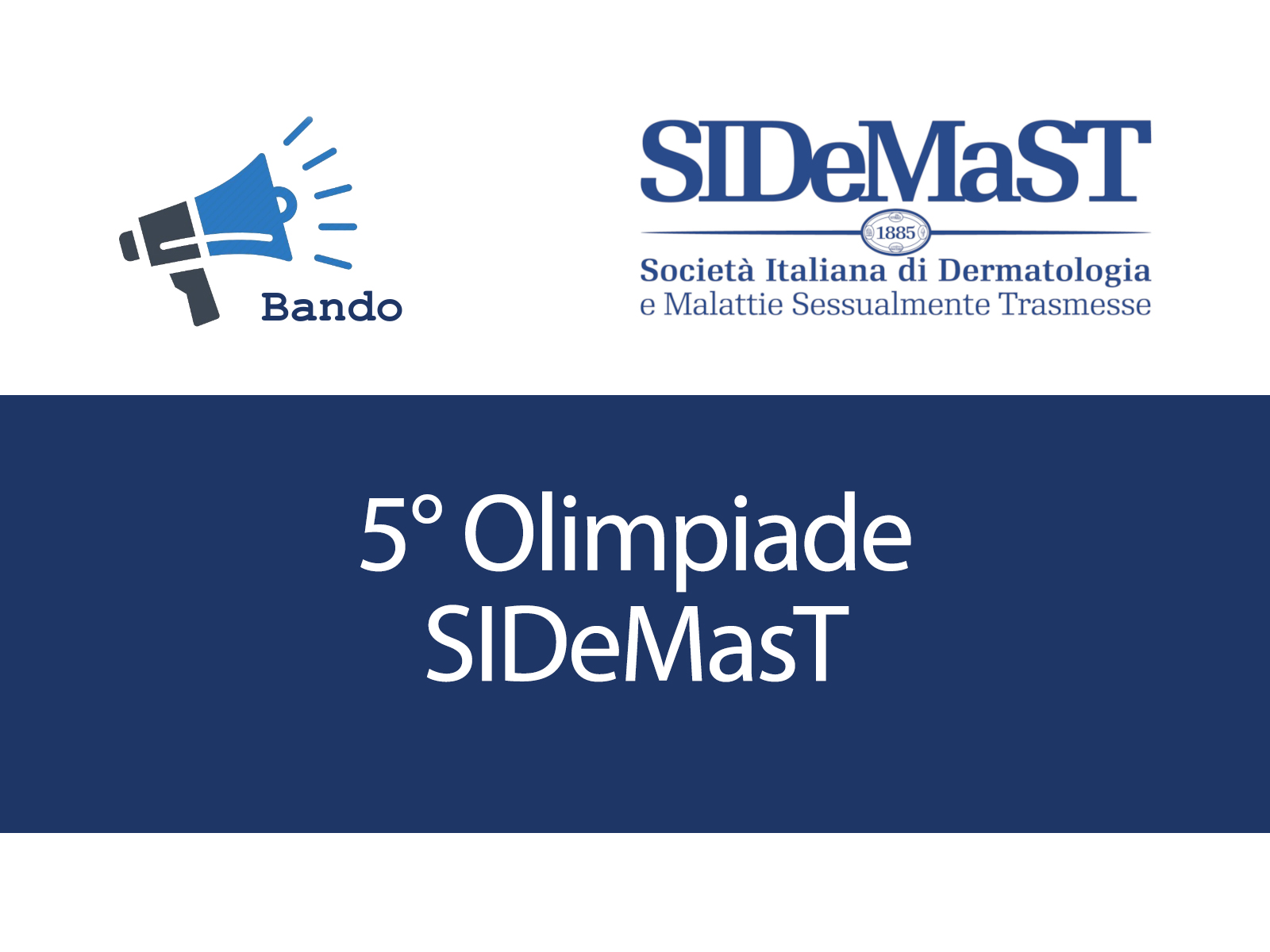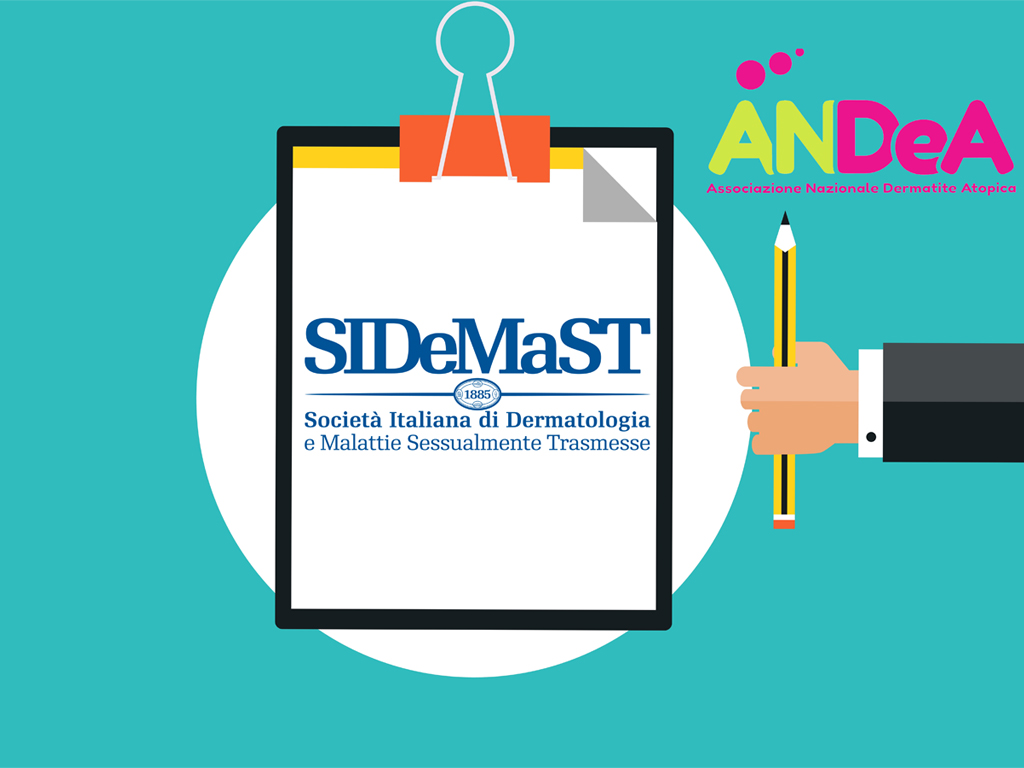There is insufficient evidence to justify delaying treatment with superficial chemical peels and nonablative lasers, including hair removal lasers and lights, vascular lasers, and nonablative fractional devices for patients currently or recently exposed to isotretinoin, according to a study published in JAMA Dermatology.
Currently, the isotretinoin package insert contains language advising the discontinuation of isotretinoin for 6 months before performing cosmetic procedures, including waxing, dermabrasion, chemical peels, laser procedures, or incisional and excisional cold-steel surgery.
It is common practice to follow this standard because of concerns regarding reports of sporadic adverse events and increased risk of scarring.
The American Society for Dermatologic Surgery authorised a task force of content experts to review the evidence and provide guidance.
Leah K. Spring, MD, Naval Hospital, Camp Lejeune, North Carolina, and colleagues conducted a medical literature review, which included 32 relevant articles reporting on 1,485 procedures. After data was extracted, the researchers conducted a clinical question review, a consensus Delphi process, and validation of the results by peer review.
Results showed "insufficient evidence" to support delaying manual dermabrasion, superficial chemical peels, skin surgery, laser hair removal, and fractional ablative and nonablative laser procedures for patients who are currently taking or who have recently completed isotretinoin therapy.
However, mechanical dermabrasion and fully ablative laser procedures are not currently recommended.
"With the information presented in this article, physicians may have an evidence-based discussion with patients regarding the known risk of cutaneous surgical procedures in the setting of systemic isotretinoin treatment," the authors wrote. "For some patients and some conditions, an informed decision may lead to earlier and potentially more effective interventions."
SOURCE: JAMA Dermatology







